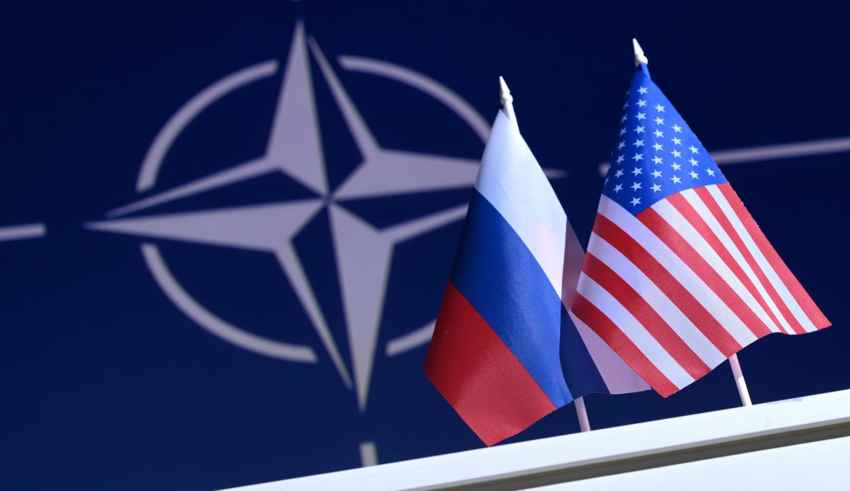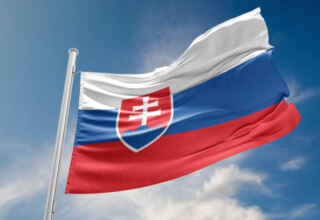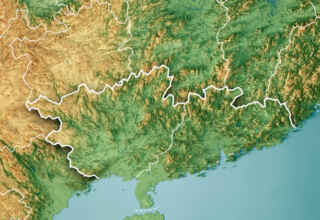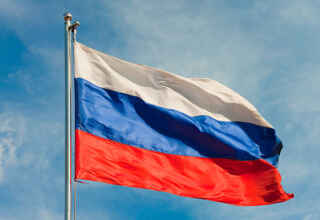
In recent weeks, the tension between Russia and Ukraine has reached critical levels and that is the reason why the main actors involved have deployed their diplomatic means to try to find a peaceful solution. NATO’s aim is to open the negotiations in the early days of next year, in order to de-escalate and resolve tensions with Russia in a diplomatic way. The National Atlantic Treaty Organization’s Secretary General, Jen Stoltenberg, informed Brussels that he intends to organise a new NATO-Russia Council meeting for the first days of 2022. The Council was founded in 2002 to facilitate dialogue between the Western military alliance and Russia, but, as a result of the increasing tensions due to the Crimea annexation in 2014, it has not met since July 2019, despite repeated calls from NATO.
On December 17th, Russia has published two draft proposals of agreement, one between Russia and US, the other between NATO and Russia.
As regards to the draft between Russia and NATO (latter), firstly the demand for commitment to refrain from any further enlargement, including the accession of Ukraine as well as other East States, is reiterated. The Kremlin’s request to NATO is unacceptable, as the latter has always adopted the so-called ‘open door’ policy on membership and it certainly does not intend to change its policy just because Moscow dictates it. Furthermore, Russia’s agreement establishes that National Atlantic Treaty Organization must not deploy forces or weapons in countries that joined the alliance after May 1997. In that occasion, indeed, the National Atlantic Treaty Organization committed itself not to deploy nuclear weapons in their territories. However, the situation has changed after the annexation of Crimea in 2014, and up to now NATO deploys, on a rotating basis, relatively small multinational military forces in the Baltic States and Poland to ensure the security and stability of the countries. It is difficult to see NATO agreeing to withdraw its forces without a significant change in Russia’s military posture.
Among the provisions contained in the draft, what NATO can consider as acceptable are the establishment of an hotline between them and the restoration of NATO-Russia Council. In addition, NATO may also be willing to negotiate about stopping the placement of intermediate-range missiles on Ukrainian territory, but only if Moscow agrees to withdraw the forces stationed at the Ukrainian border. The Council was founded in 2002, precisely to facilitate dialogue between the Western military alliance and Russia, but as a result of the increasing tensions, it has not met since July 2019, despite repeated calls from NATO.
For what concerns the Russia-US draft, it contains provisions that Biden’s administration considers unacceptable. Russia demands a serious commitment of United States in order to prevent NATO’s further eastward expansion and to deny accession to the Alliance to the States of the former Union of Soviet Socialist Republics. This provision has been rejected by the President of the United States Joe Biden, who does not want to make any concessions on either NATO or Ukraine’s future. The response of the United States’ President underlines that it is unacceptable to force a nation to change its border or to decide with who they can work with. The same opinion is shared by the NATO’s Secretary General, Jen Stoltenberg, who disapproves any external interference in the sovereignty of a nation to decide its allies or its foreign policy. The United States of America shall not establish military bases in the territory of the States of the former Union of Soviet Socialist Republics that are not members of the NATO, shall not use their infrastructure for any military activities or develop bilateral military cooperation with them.
These requests to the US are not only unacceptable, but also unrealistic, because the United States have no intention of requiring National Atlantic Treaty Organization to change the aforementioned ‘open door’ policy, and even if they wanted to, they would never be able to convince all the other members to change it.
In addition, Moscow would also require a ban of the deployment of United States’ intermediate-range missiles from Europe, while leaving Russia free to deploy such missiles against NATO countries. The U.S. have no interest in accepting this type of proposal, because, doing so, they would allow Russia to increase its control over the area, making it more and more difficult to defend the States that are at the border with the latter. Russia has also asked U.S. to move all nuclear weapons placed in the territory of Ukraine and Poland. The Americans responded by stating that they are willing to open negotiations with Russia that would cover all U.S. and Russian nuclear arms. However, the Biden administration said that this provision could be acceptable only after a consultation and an agreement with its allies. The unacceptable demands in the two draft agreements, their quick publication by the Russian government, and the peremptory terms used by Russian officials to describe Moscow’s requests, raise concern that the Kremlin may want rejection. With large forces near Ukraine, Moscow could then exploit it as another pretext for military action against its neighbour.
Refernces:
- Treaty between The United States of America and the Russian Federation on security guarantees, available at:
- Agreement on measures to ensure the security of The Russian Federation and member States of the North Atlantic Treaty Organization, available at: https://mid.ru/ru/foreign_policy/rso/nato/1790803/?lang=en#sel=2:1:Dxv,2:7:23n;14:3:22j,14:34:QX3;18:1:Lx3,19:6:5j1;22:1:WS1,22:12:jjx;23:1:WS2,23:28:1VE;25:1:WUI,25:81:Svx;29:1:DvV,29:29:Vxj;31:1:WS3,31:40:DFr;32:1:Lx3,33:2:5DR
- Putin says Russia has ‘nowhere to retreat’ over Ukraine, available at:
https://www.reuters.com/world/europe/putin-says-russia-has-nowhere-retreat-over-ukraine-2021-12-21/
- Putin blames West for tensions as fears rise over Ukraine, available at:
https://www.aljazeera.com/news/2021/12/21/putin-blames-west-for-tensions-as-fears-rise-over-ukraine
- Russia demands Ukraine, ex-Soviet nations be barred from NATO, available at: https://www.aljazeera.com/news/2021/12/17/russia-demands-ukraine-ex-soviet-nations-barred-from-nato
- Russia’s draft agreements with NATO and the United States: Intended for rejection?, available at:
- NATO-Russia Council, available at: https://www.nato.int/cps/en/natolive/topics_50091.htm
By The European Institute for International Law and International Relations.












